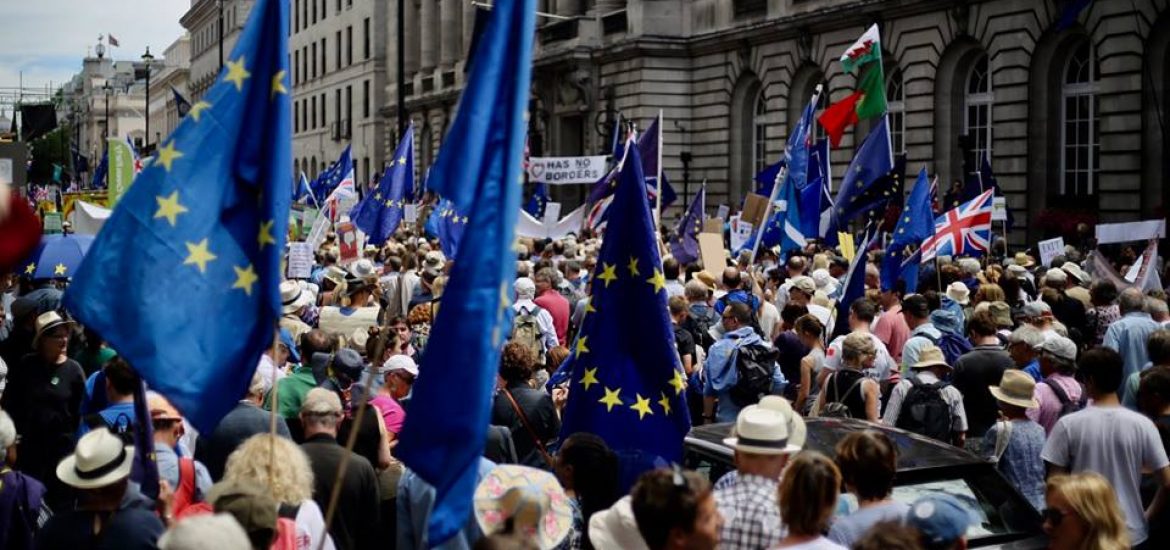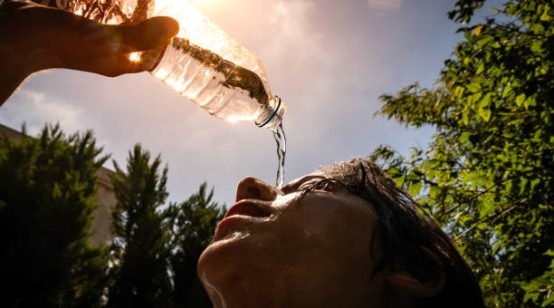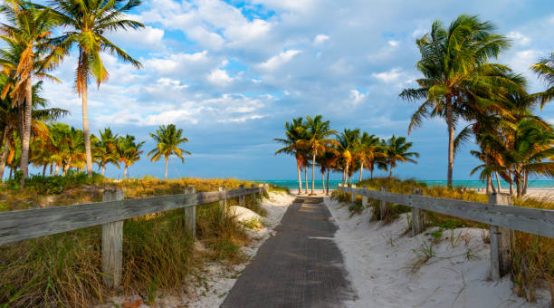
Europeans are using more than their fair share of natural resources, emitting too much carbon, eating too much, using large amounts of timber and building too much, according to WWF and the Global Footprint Network.
The European Commission has been demanding that the bloc become climate neutral by 2050 through reducing carbon emissions that will otherwise boost the planet’s average temperature.
But the report said if everyone had the same environmental impact as the average EU citizen, May 10 would be the date by which humans would have used as much as the planet can renew each year.
May 10 has been named EU Earth Overshoot Day and Europeans spend the rest of the year depleting the planet’s “natural capital”. The global average, “Earth’s overshoot day”, is August 1.
The report says that means more carbon emissions than natural ecosystems can absorb, more plant life destroyed through deforestation than can regenerate, depleted fishing grounds; soil erosion and loss of species.
“If everybody in the world had the same ecological footprint as an average EU resident — emitting as much carbon, consuming as much food, timber and fibres, and occupying as much built-up space — May 10 would be the date by which humanity would have used as much from nature as our planet can renew in a whole year,” Ester Asin of WWF Europe said.
The study said EU citizens used twice as many resources than its ecosystems could handle.
It estimated that the EU used almost a fifth of the planet’s “biocapacity” while comprising only 7 per cent of the population.
The study argued that 2.8 planets would be needed if everyone consumed at the rate of the average EU citizen.
It said aviation accounted for 2 per cent of greenhouse emissions and called for EU carbon emissions to be almost completely cut by 2040. European Council President Donald Tusk told this week’s informal EU leaders’ summit to protect the environment, improve farming practices and move towards net-zero emissions.
The WWF report said Luxembourg, the EU’s smallest and richest country, used up renewable resources the fastest, and by February 16 it had consumed its annual share. Romania, the EU poorest state, took the longest and lasted until June 12. Niger does not deplete its assigned resources until December 25, the report estimated.
Eight EU countries supported the ambition of net zero by 2050 with French President Emmanuel Macron saying battling climate change was a key challenge for the current generation of leaders. But the plan failed to get the backing of other nations, including Germany.
The UK, which was not represented at the summit, is currently considering a policy to secure net-zero emissions.
Europeans take a disproportionate toll on the planet. Picture credit: Energy Reporters





